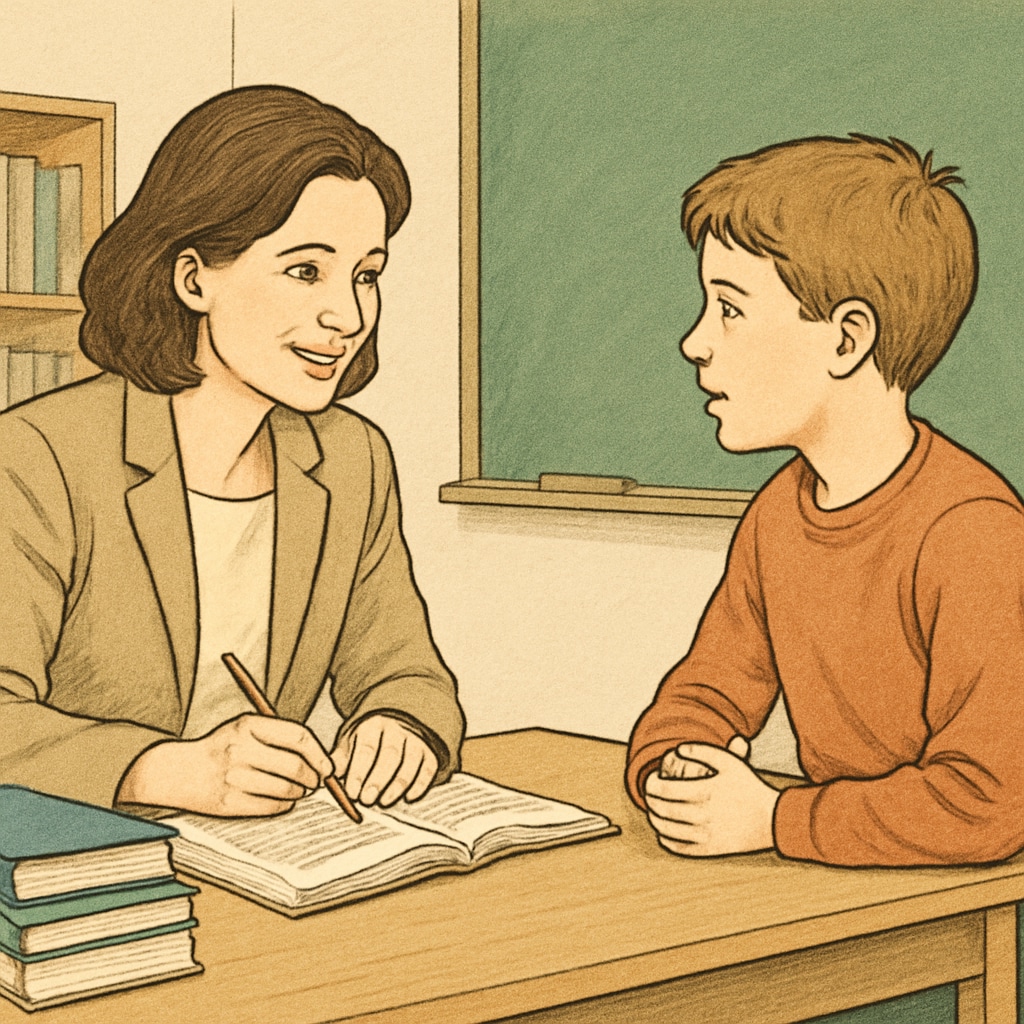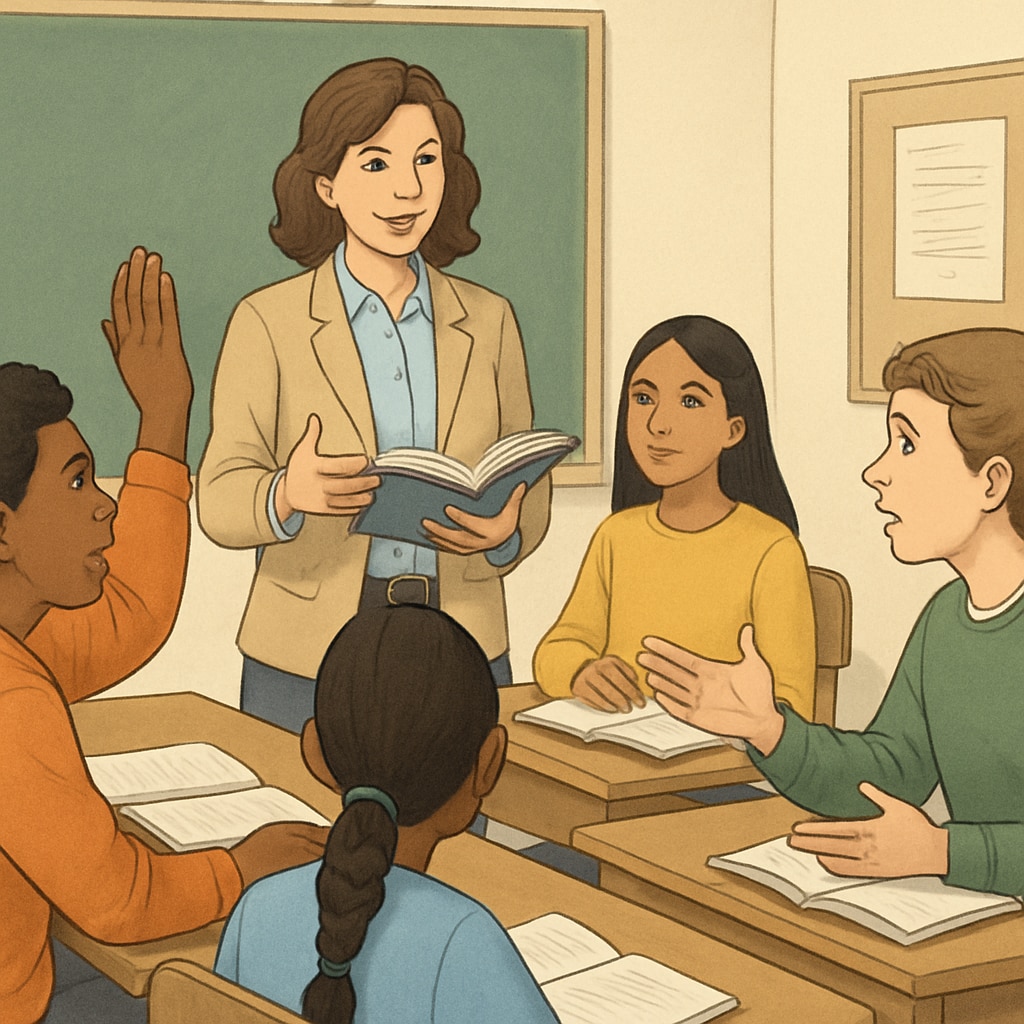In the journey of education, moments of genuine student gratitude often stand out as the most rewarding for teachers. Hearing a student say, “Thank you for really listening to me,” can be a deeply moving experience that highlights the profound influence educators have on their learners. This article delves into how active listening fosters trust, strengthens teacher-student relationships, and supports student development.
The Transformative Power of Listening
One of the most overlooked yet crucial aspects of teaching is the ability to listen effectively. Teachers often juggle lesson plans, assessments, and classroom management, leaving little time to genuinely engage with students on a personal level. However, taking the time to listen can significantly impact a student’s sense of value and confidence.
For example, consider a high school teacher who noticed a quiet student struggling with assignments. Instead of reprimanding, the teacher invited the student for a one-on-one conversation. By actively listening to the student’s challenges at home, the teacher not only addressed the academic issue but also made the student feel heard and supported.

Building Trust Through Active Engagement
Active listening goes beyond hearing words; it involves understanding emotions, validating feelings, and responding with empathy. When teachers sincerely engage with students, it lays the foundation for trust—a cornerstone of any meaningful relationship.
Research has shown that students who feel respected and understood by their teachers are more likely to participate in class, take academic risks, and develop critical thinking skills. This trust also encourages students to open up about their struggles, whether academic or personal, allowing teachers to provide tailored support.
In addition, active listening teaches students the importance of communication and empathy—skills that are invaluable in their personal and professional lives. As a result, the classroom becomes not just a place for academic learning but a hub for personal growth and character development.

The Ripple Effect of Gratitude
When students express gratitude for a teacher’s support, it creates a positive ripple effect. Teachers who feel appreciated are often more motivated and committed to their roles. This cycle of positivity benefits everyone in the classroom, fostering an environment of mutual respect.
For instance, a middle school teacher received a heartfelt letter from a student expressing gratitude for always being approachable and understanding. The letter, now framed on the teacher’s desk, serves as a daily reminder of the impact educators can have. It also inspires the teacher to continue prioritizing meaningful interactions with each student.
Such moments of recognition emphasize the human side of teaching, reminding educators and students alike that education is not just about grades but about connections and understanding.
Practical Tips for Teachers
While the benefits of active listening are clear, implementing it in a busy classroom can be challenging. Here are some practical strategies for educators:
- Schedule one-on-one check-ins: Even a five-minute conversation can make a difference.
- Use open-ended questions: Encourage students to share their thoughts and feelings without fear of judgment.
- Practice reflective listening: Paraphrase what students say to show understanding.
- Avoid multitasking: Give students your full attention during conversations.
- Create a safe space: Foster an environment where students feel comfortable expressing themselves.
By incorporating these practices, teachers can ensure that their students feel valued, ultimately enhancing the learning experience for everyone involved.
In conclusion, while teaching involves imparting knowledge, its true essence lies in nurturing connections. When students express gratitude for their teachers’ genuine care and listening, it serves as a powerful reminder of education’s transformative potential. By prioritizing active listening, educators can inspire their students to grow not just academically, but as empathetic and confident individuals.


